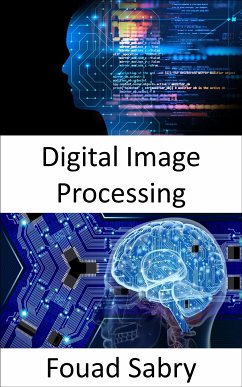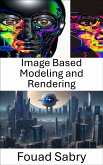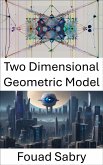What Is Digital Image Processing
The processing of digital photographs by means of an algorithm on a digital computer constitutes the field of digital image processing. Digital image processing, which is a subsection or field of digital signal processing, has numerous advantages over analog image processing, which is another type of image processing. It makes it possible to apply a much wider variety of algorithms to the data that is being entered and can help solve problems like the accumulation of noise and distortion as the data is being processed. Digital image processing can be described as multidimensional systems due to the fact that images are specified over two dimensions. The creation of digital image processing and its subsequent development are primarily influenced by three factors: first, the development of computers; second, the development of mathematics; and third, the increased demand for a diverse array of applications in the fields of environment, agriculture, military, industry, and medical science.
How You Will Benefit
(I) Insights, and validations about the following topics:
Chapter 1: Digital image processing
Chapter 2: 2D computer graphics
Chapter 3: Affine transformation
Chapter 4: YIQ
Chapter 5: Sobel operator
Chapter 6: Canny edge detector
Chapter 7: Noise reduction
Chapter 8: Discrete wavelet transform
Chapter 9: Scale-invariant feature transform
Chapter 10: Gaussian blur
(II) Answering the public top questions about digital image processing.
(III) Real world examples for the usage of digital image processing in many fields.
(IV) 17 appendices to explain, briefly, 266 emerging technologies in each industry to have 360-degree full understanding of digital image processing' technologies.
Who This Book Is For
Professionals, undergraduate and graduate students, enthusiasts, hobbyists, and those who want to go beyond basic knowledge or information for any kind of digital image processing.
The processing of digital photographs by means of an algorithm on a digital computer constitutes the field of digital image processing. Digital image processing, which is a subsection or field of digital signal processing, has numerous advantages over analog image processing, which is another type of image processing. It makes it possible to apply a much wider variety of algorithms to the data that is being entered and can help solve problems like the accumulation of noise and distortion as the data is being processed. Digital image processing can be described as multidimensional systems due to the fact that images are specified over two dimensions. The creation of digital image processing and its subsequent development are primarily influenced by three factors: first, the development of computers; second, the development of mathematics; and third, the increased demand for a diverse array of applications in the fields of environment, agriculture, military, industry, and medical science.
How You Will Benefit
(I) Insights, and validations about the following topics:
Chapter 1: Digital image processing
Chapter 2: 2D computer graphics
Chapter 3: Affine transformation
Chapter 4: YIQ
Chapter 5: Sobel operator
Chapter 6: Canny edge detector
Chapter 7: Noise reduction
Chapter 8: Discrete wavelet transform
Chapter 9: Scale-invariant feature transform
Chapter 10: Gaussian blur
(II) Answering the public top questions about digital image processing.
(III) Real world examples for the usage of digital image processing in many fields.
(IV) 17 appendices to explain, briefly, 266 emerging technologies in each industry to have 360-degree full understanding of digital image processing' technologies.
Who This Book Is For
Professionals, undergraduate and graduate students, enthusiasts, hobbyists, and those who want to go beyond basic knowledge or information for any kind of digital image processing.
Dieser Download kann aus rechtlichen Gründen nur mit Rechnungsadresse in A, B, BG, CY, CZ, D, DK, EW, E, FIN, F, GR, H, IRL, I, LT, L, LR, M, NL, PL, P, R, S, SLO, SK ausgeliefert werden.









